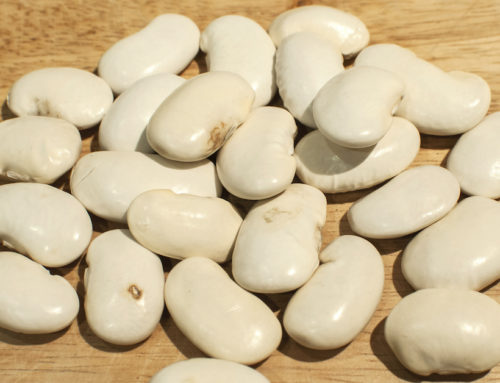Botanically, it’s closer to an animal than a plant. Some types glow in the dark, others are hallucinogenic, many are poisonous.
Fortunately, the safe, edible variety is not only chock full of nutrients, but could be the single, most valuable food for the brain.
You may have guessed I’m talking about mushrooms. I’ve long recommended them for a whole range of health benefits. In fact, I take extracts of four different mushrooms every day.
A few years ago, researchers from Malaysia found many types of edible mushroom were good for the brain. Now a new study confirms their findings and takes them even further. . .
The 2017 paper, just published in the Journal of Alzheimer’s Disease, was a review of scientific information on mushrooms. It suggested that eating them on a regular basis could reduce or delay cognitive problems with aging.
The investigation got off the ground because researchers at the National University of Singapore (NUS) became interested in whether mushrooms could help prevent mild cognitive impairment (MCI).
This condition is common. It affects 15 to 20 percent of people aged 65 or older.
MCI causes some memory lapses and minor problems with language, thinking and judgment, but it doesn’t interfere with daily life. It’s annoying but not debilitating. Those afflicted can still carry out their normal daily activities.
For about one person in ten, however, the condition will progress to full-blown dementia.
663 People and Their Mushroom Habits
In the NCU group’s human trial, the research team gathered six years’ worth of data on 663 people aged 60 or more and living in Singapore.
Each person was given an in-depth interview and their medical history was analyzed. In particular, the researchers looked at hypertension, heart disease, stroke and diabetes, all of which are linked to cognitive decline and dementia.
Food choices were also taken into account, especially consumption of four common mushrooms — golden, oyster, shiitake, and white button. The researchers looked at consumption of not only fresh mushrooms but dried and canned, too.
The researchers considered psychological factors as well as age, gender, education, tobacco and alcoholic beverage use, the amount of exercise taken, social activities and demographic information.
They took measurements of height, weight, walking speed, hand-grip strength and blood pressure. Each participant went through a two-hour neuropsychological assessment, with the findings discussed with psychiatrists to reach agreement on a definitive diagnosis for every individual.
As you can see, the researchers were extremely thorough. Now for the results.
Risk Plummets by More Than Half
Even after taking account all these influential factors, those participants who consumed more than 300 grams (10½ ounces) of mushrooms a week had a 57 percent reduced risk of mild cognitive impairment (MCI) compared to those eating less than 150 grams a week.
19 percent of the lower consuming group were diagnosed with MCI, compared to just nine percent of higher consumers. Those with the highest intake enjoyed the lowest risk.
In brain tests, the top group performed better and had faster processing speed. Even people eating some mushrooms regularly saw benefits compared to those not eating any.
Lead author Professor Feng Lei did not expect such clear-cut results: “This correlation is surprising and encouraging. It seems that a commonly available single ingredient could have a dramatic effect on cognitive decline.”
Unknown “Vitamin” Could Explain the Results
The researchers think the reason for these results could be down to a specific compound found in all varieties of mushroom called ergothioneine. Some scientists believe this nutrition factor is so important it should be given vitamin status.
An earlier study by the same research team found plasma levels of ergothioneine in an elderly group with MCI were significantly lower than in those of the same age without the condition.
Another of the study’s authors, Dr. Irwin Cheah, described ergothioneine as “a unique antioxidant and anti-inflammatory which humans are unable to synthesize on their own.” In other words, it must be obtained from food.
Not only are mushrooms one of the few food sources, but they also contain the highest amount of any food. Cooking them is not a problem, because ergothioneine is heat stable with no significant loss occurring at high temperatures.
While this study does not establish a direct causal link between brain health and mushrooms, it’s very compelling and strongly suggests it’s worth making an effort to get more into your diet.
There are many simple ways to do this. They can be added to a stir fry, mixed with peas and rice, used in soups and gravy, sliced into salads and wraps, added to an omelet and included in pasta recipes.
Reputable supplement brands include Mushroom Science and Mushroom Wisdom.







